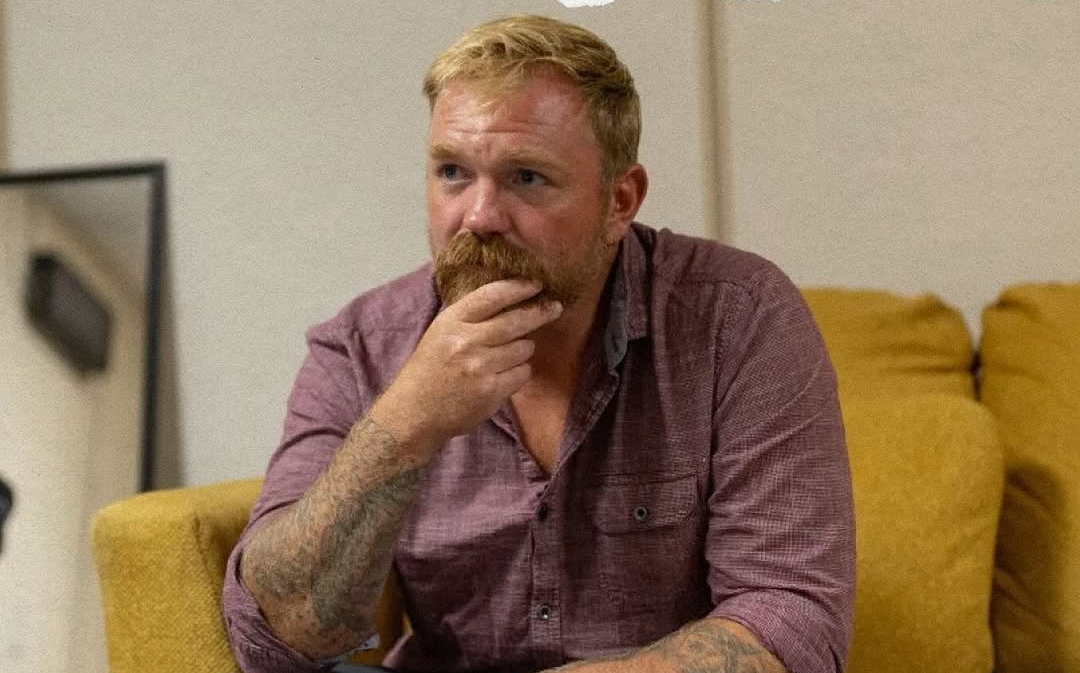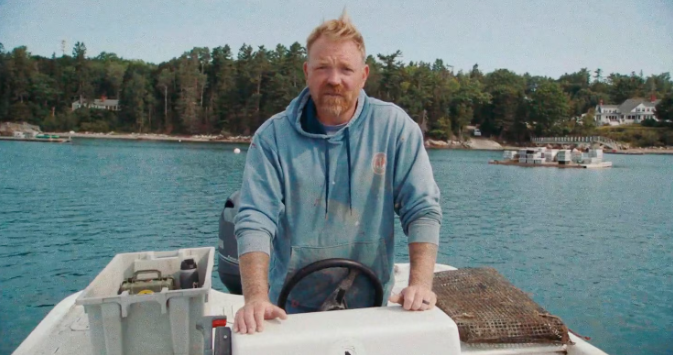Graham Platner’s Digital Reckoning: The Business of Image, Accountability, and Redemption
A Candidate Under Fire
Graham Platner, the Democratic U.S. Senate candidate from Maine, has found himself in the national spotlight — not for his economic platform or his background as an oyster farmer and veteran, but for his old Reddit posts that have resurfaced at the height of his campaign.
In those posts, made years ago under the username “P-Hustle,” Platner called himself a “socialist-turned-communist,” made inflammatory remarks about police and rural voters, and even questioned racial tipping behavior comments that have since drawn widespread criticism.
A Veteran’s Confession
In an emotional video shared on October 17, Platner addressed his past remarks, calling them “the dumbest thing I ever wrote on the internet.” He explained that the posts came from a dark period following his military service in Iraq and Afghanistan. Struggling with PTSD and depression, he said, “I was looking for community, and sometimes that took me to bad places online.”
His candidness, rare in political circles struck a chord with some voters. Platner explained that his language and worldview evolved over time, saying, “My thoughts and feelings got a lot less rough around the edges. It’s important to know that this was a time when I was struggling deeply.”
The Financial and Political Fallout
From a business and campaign standpoint, the fallout could be significant. Political analysts note that reputation management has become one of the most crucial and costly elements of modern campaigning. A digital misstep can sink millions in donor investments overnight.
Platner’s campaign had seen strong early momentum following an endorsement from Sen. Bernie Sanders, who described him as “a great working-class candidate.” But the resurfaced posts have created a headwind at a critical time testing not only his personal resilience but also his team’s ability to manage crisis communications effectively.
According to The Bangor Daily News, the candidate has insisted that there are “no worse” posts still undiscovered, openly challenging opponents to “go find more stuff.” This transparency, whether strategic or sincere, may ultimately determine whether his campaign recovers or collapses under scrutiny.

Graham Platner
Reputation as a Modern Asset
For a business-focused readership, Platner’s controversy underscores an important truth about the 21st-century economy of reputation. In an age where a single screenshot can derail a career, digital footprints are as much a liability as a legacy.
Crisis management expert Jennifer Granholm noted in Politico, “What’s at stake isn’t just public perception it’s trust equity. Once that’s depleted, rebuilding it requires authenticity, humility, and a sustained track record of growth.”
Platner’s willingness to confront his past rather than hide from it might resonate with an electorate increasingly skeptical of perfection. But it also forces a broader question: can authenticity itself become a brand asset?
From Regret to Redemption
Platner’s journey from soldier to oyster farmer to Senate candidate mirrors the resilience many Americans value. Whether his campaign survives this storm remains to be seen, but his response has opened a vital conversation about mental health, military reintegration, and the blurred boundaries between personal mistakes and public accountability.














